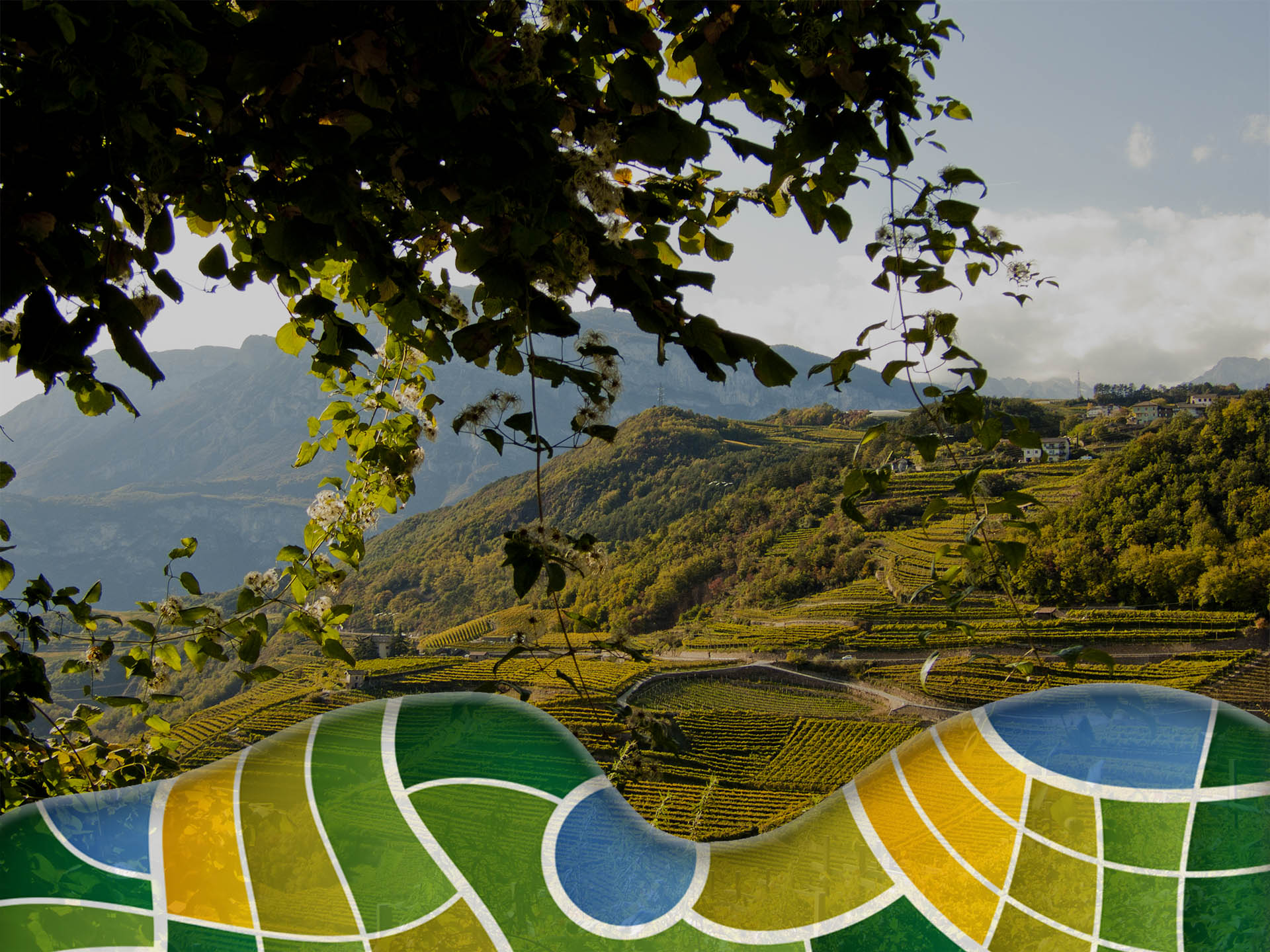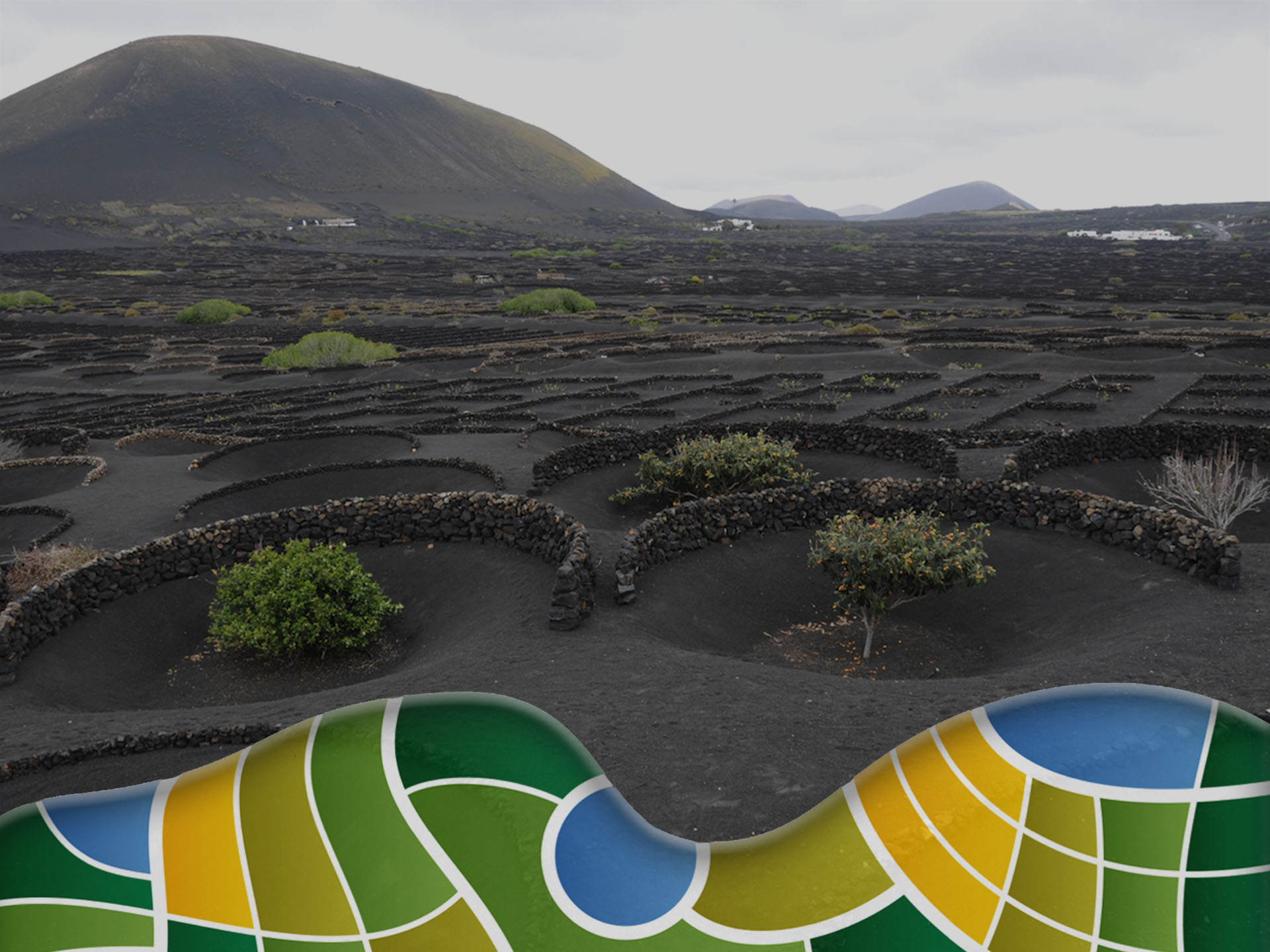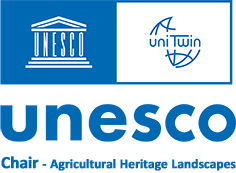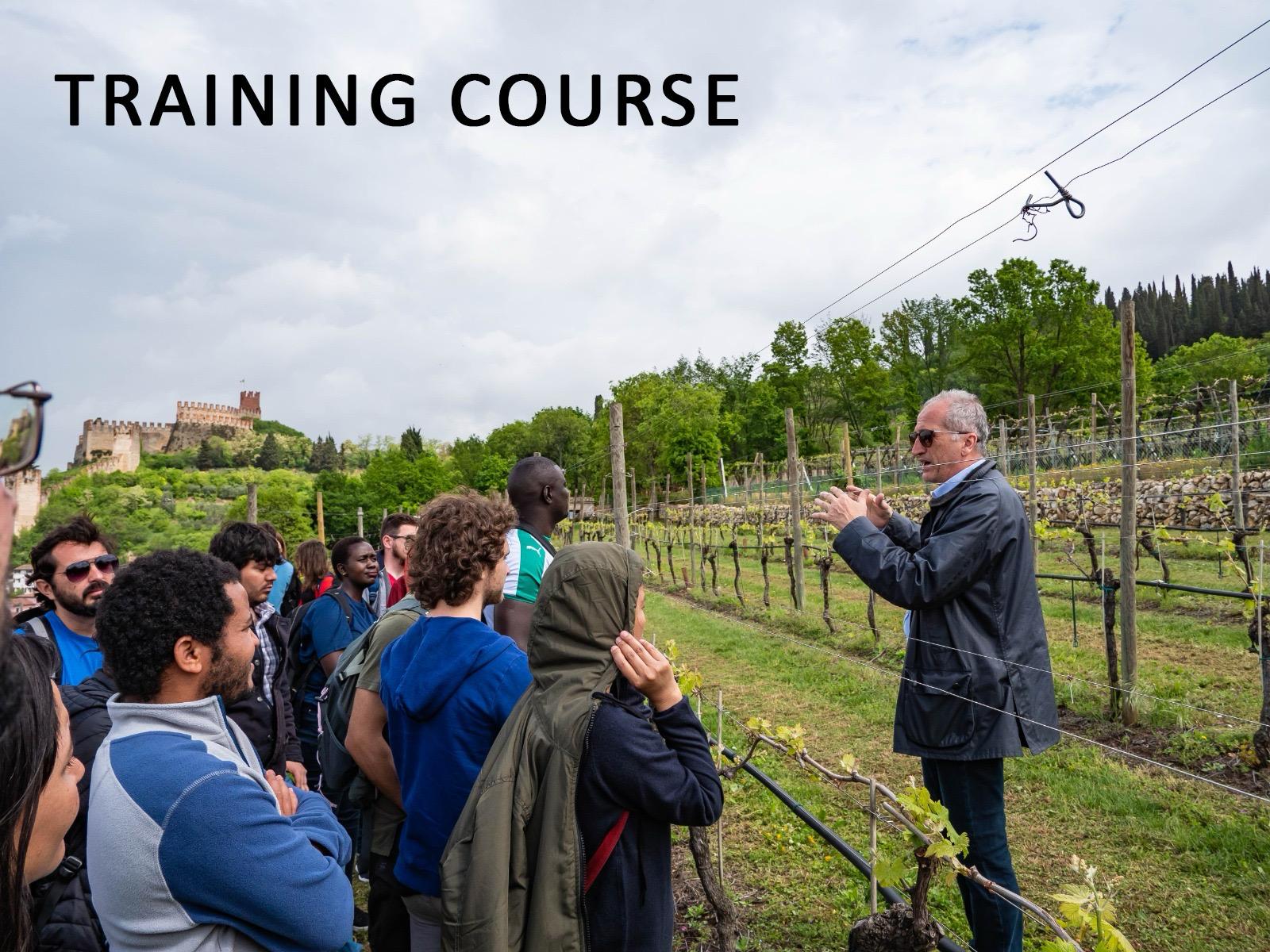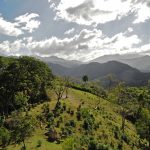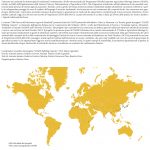In the framework of the “GIAHS Building Capacity” project, financed by the Italian Agency for Development Cooperation (AICS) coordinated by the University of Florence (Italy), and in cooperation with the
GIAHS CAPACITY BUILDING
A PROJECT FUNDED BY THE ITALIAN AGENCY FOR DEVELOPMENT AND COOPERATION (AICS) ON THE
FAO GLOBALLY IMPORTANT AGRICULTURAL HERITAGE SYSTEMS (GIAHS)
FAO GLOBALLY IMPORTANT AGRICULTURAL HERITAGE SYSTEMS (GIAHS)
FOR THE RESILIENCE EVALUATION IN THREE DIFFERENT SOCIO-ENVIRONMENTAL AND BIO-CULTURAL FRAMEWORKS:
The development model promoted in the last decades has not only shown to be ineffective to solve the economic problems of many rural areas, but also contributed to the loss of cultural values associated to rural communities. This has brought to the degradation of valuable landscapes shaped by several generations of farmers, to the abandonment of millions of hectares of farmed land and to urbanization processes, creating social degradation and increasing urban sprawl. Agriculture is often considered as one of the main drivers of the degradation of the ecosystems. Nevertheless, when agriculture is practiced in a sustainable way, it can preserve landscape, biocultural diversity, protect watersheds, and improve soil health and water quality. The use of sustainable ecological practices is a key feature distinguishing resilient agricultures developed over centuries, ensuring sustainable yield over time, using reduced external energy inputs and adapting to difficult and diverse environmental conditions. The identification, documentation and safeguard of agricultural heritage systems intends to contributes to a new vision integrating human society and the environment, according to the sustainable development goals, but taking landscape as unifying perspective.
THE PROJECT OPERATE IN THE MORE GENERAL FRAMEWORK OF THE GOVERNANCE OF THE RURAL TERRITORY
WITH THE FOLLOWING STRATEGIES:
WITH THE FOLLOWING STRATEGIES:
INTERNATIONAL MASTER COURSE - FIRST LEVEL
AGRICULTURAL HERITAGE SYSTEMS
Today, the world is facing numerous challenges in front of changes in almost every sphere of life. This clearly seems to be a transition period in the economic, social, cultural, technological and political fields together with environmental change and its consequences. According to scientists, the impact of these changes is due to the effect of unsustainable practices carried out by human activities. Examples of these practices are the incorrect, imbalanced and unsustainable use of natural resources, as well as untenable development models, which do not consider long term impacts or “side effects” of activities conducted.
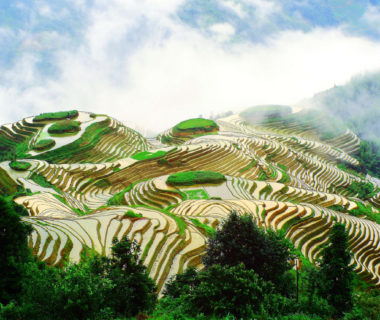
OBJECTIVES
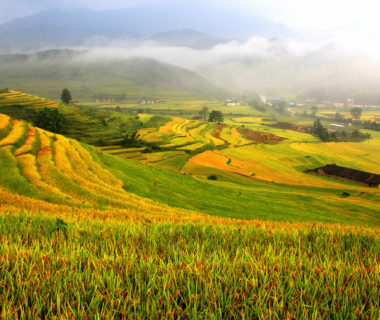
CULTLAB
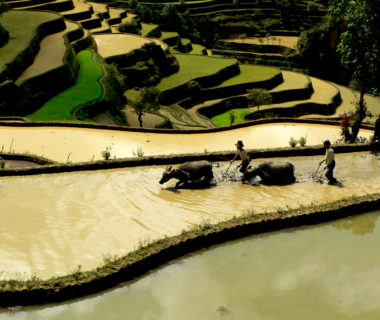
APROACH
INTERNATIONAL MASTER COURSE - FIRST LEVEL
BENEFICIARIES
The potential participants in the Master Course are students, technicians and public officers interested in developing skills for the planning, management, protection and valorization of agricultural heritage systems, in the wider framework of rural development. The master intends to attract students, public officers and professionals, interested in the areas of local food production, cultural heritage related to the rural territories, traditional knowledge, biocultural diversity and agrobiodiversity. At the end of the master course, the participants will be able to develop and apply management strategies for the conservation and valorization of traditional agricultural system and landscapes, as well as preparing a proposal for the GIAHS program
The headquarter of the master
is at the Laboratory for Landscape and Cultural Heritage, Department for Agricultural, Food and Forestry Systems, School of Agriculture, University of Florence, Via San Bonaventura 13, 50145, Firenze
Master courses
will be held at PIN headquarters, in Prato, a small city in the suburban area of Florence, where also the residences for the students are located. The PIN University Campus is located Piazza Giovanni Ciardi 25, 59100 Prato, in front of the Prato Porta al Serraglio train station, that connects Prato and Florence in about 25 minutes.
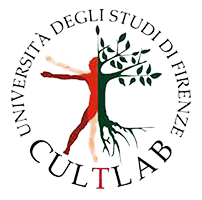
Laboratory for Landscape and Cultural Heritage of the School of Agriculture
Website by:



